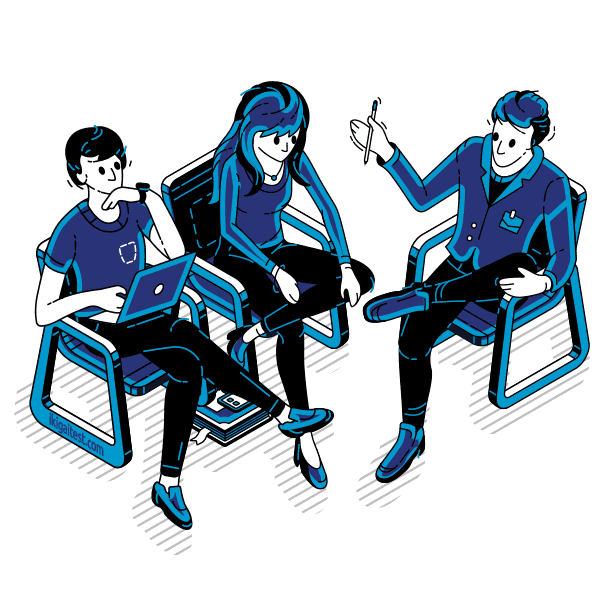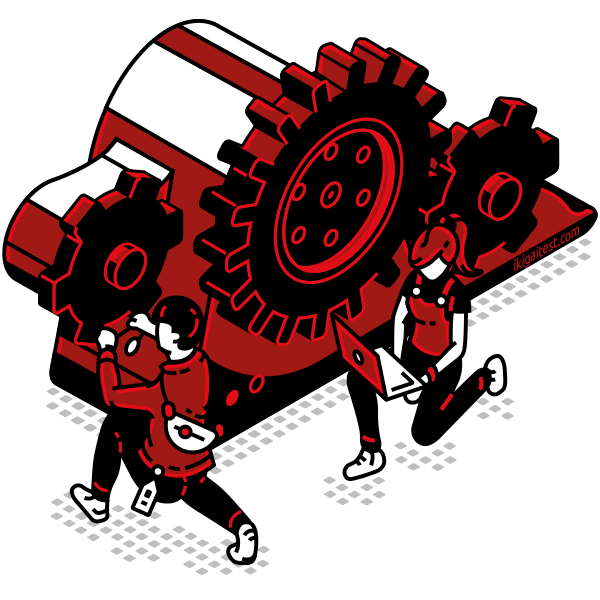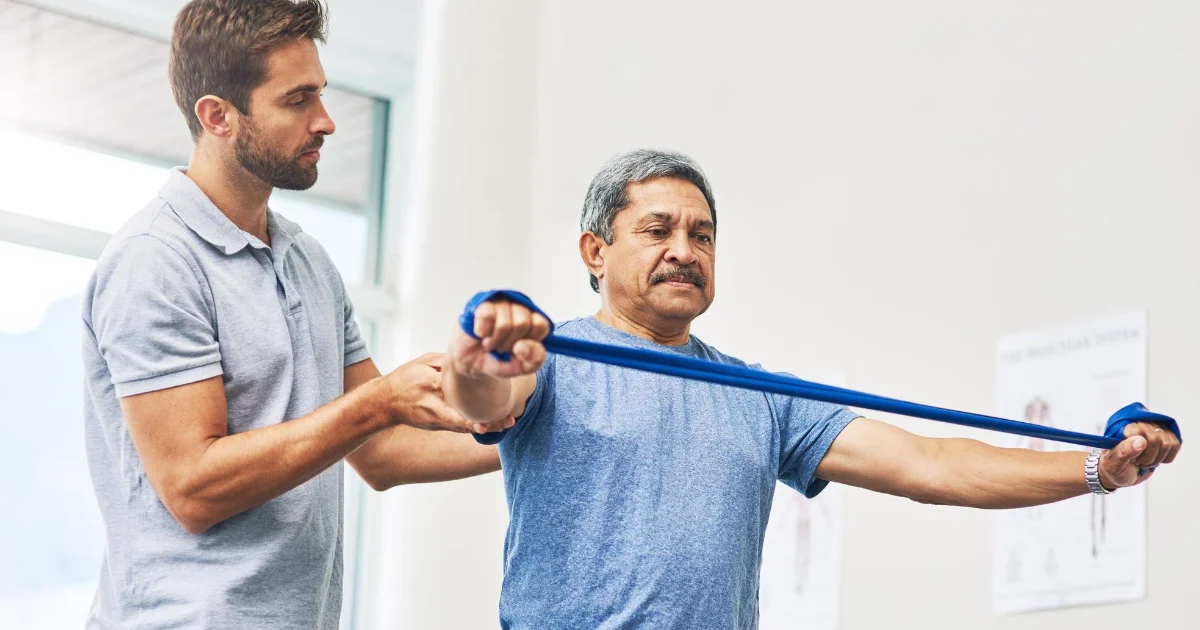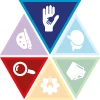Mediator

Mediators should be capable of:
- Providing personal assistance, medical attention, emotional support, or other personal care to others such as coworkers, customers, or patients.
- Developing constructive and cooperative working relationships with others, and maintaining them over time.
- Performing for people or dealing directly with the public. This includes serving customers in restaurants and stores, and receiving clients or guests.
- Handling complaints, settling disputes, and resolving grievances and conflicts, or otherwise negotiating with others.
Technician

Technicians will often be asked these tasks:
- Providing documentation, detailed instructions, drawings, or specifications to tell others about how devices, parts, equipment, or structures are to be fabricated, constructed, assembled, modified, maintained, or used.
- Using computers and computer systems (including hardware and software) to program, write software, set up functions, enter data, or process information.
- Servicing, repairing, calibrating, regulating, fine-tuning, or testing machines, devices, and equipment that operate primarily on the basis of electrical or electronic (not mechanical) principles.
Other work activities related to Physical therapists
- Informing patients and referring them to appropriate practitioners when diagnosis reveals findings outside physical therapy.
- Planning, preparing, or carrying out individually designed programs of physical treatment for maintaining, improving, or restoring physical functioning, alleviate pain, or preventing physical dysfunction in patients.
- Performing and documenting an initial exam, evaluating data for identifying problems and determining a diagnosis prior to intervention.
- Evaluating effects of treatment at various stages and adjusting treatments for achieving maximum benefit.
- Administering manual exercises, massaging, or traction for helping in relieving pain, increasing patient strength, or decrease or preventing deformity or crippling.
- Instructing patient and family in treatment procedures to be continued at home.
- Conferring with the patient, medical practitioners, or appropriate others for planning, implementing, or assessing the intervention programs.
- Reviewing physician’s referral and patient’s medical records for helping in determining diagnosis and physical therapy treatment required.








